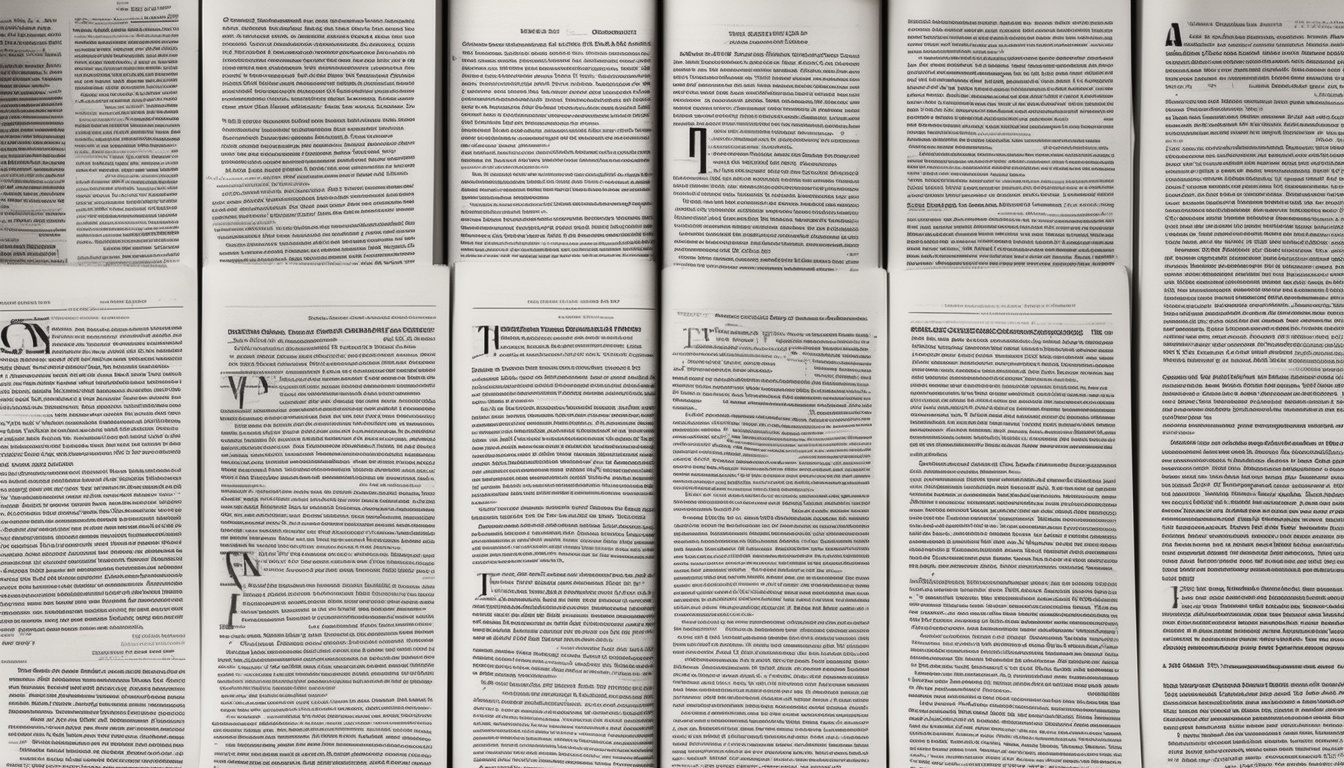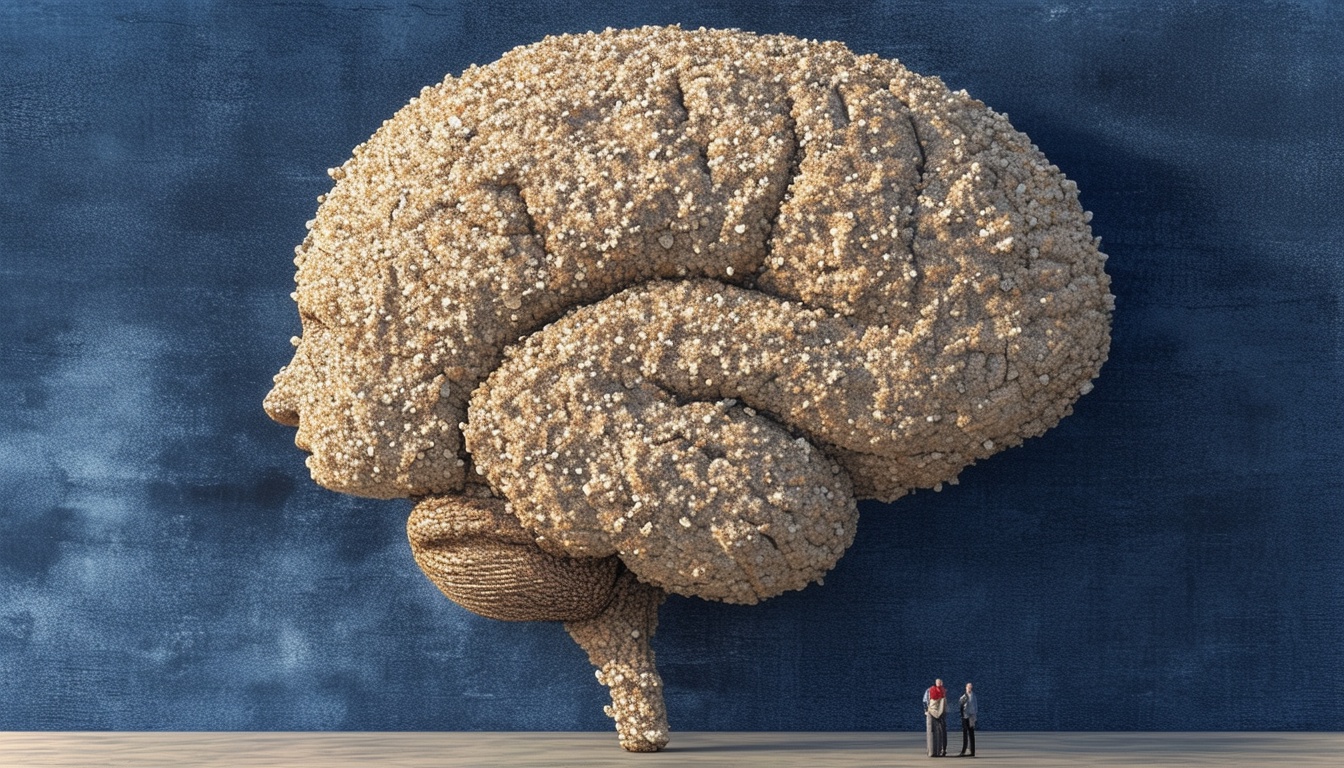OpenAI faces complaint over fictional outputs

Artificial intelligence (AI) company OpenAI is facing scrutiny over the accuracy and reliability of its AI model, ChatGPT. On April 29, 2024, European data protection advocacy group noyb filed a complaint against OpenAI, alleging that its AI model generates fictional outputs and fails to comply with the General Data Protection Regulation (GDPR) in the European Union.
The complaint highlights a fundamental issue with ChatGPT's output: its potential to invent false information. Maartje de Graaf, a Data Protection Lawyer at noyb, stated that 'making up false information is quite problematic', especially when it involves individuals' personal data. The group provided an example where ChatGPT repeatedly provided an incorrect date of birth for a complainant, a public figure, despite requests for rectification.
Under the GDPR, individuals have the right to rectification and access regarding their personal data. However, OpenAI has admitted that it cannot correct incorrect information generated by ChatGPT or disclose the sources of its training data. This inability to ensure data accuracy and transparency has led to the complaint, which calls for an investigation into OpenAI's data processing practices and measures to ensure compliance with the GDPR.
The issue of AI models generating false information is not new, with a New York Times report finding that chatbots like ChatGPT 'invent information' up to 27 percent of the time. The European privacy watchdogs have already taken action, with the Italian Data Protection Authority restricting ChatGPT in March 2023 and the European Data Protection Board establishing a task force.
In their defense, OpenAI has argued that 'factual accuracy in large language models remains an area of active research'. However, the potential consequences of false information, especially when it involves individuals, are serious. This complaint against OpenAI underscores the ongoing challenges and ethical considerations in the development and deployment of AI models, particularly in ensuring data accuracy and transparency.
Published on: May 3, 2024
Source: Artificial Intelligence News
 AI News Essentials
AI News Essentials








